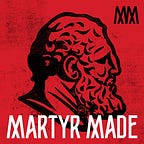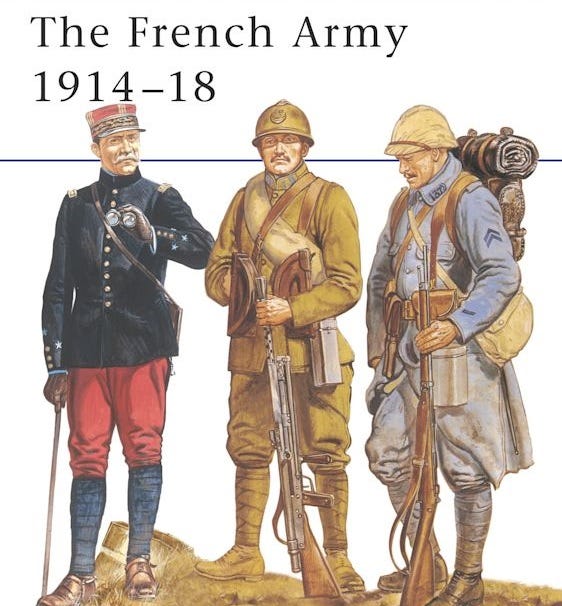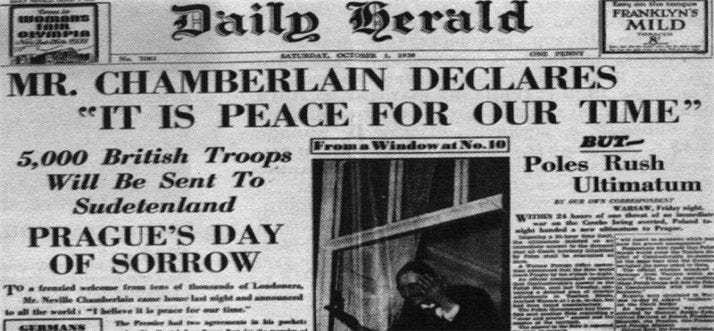Hi everyone. I did an interview spot on The Jesse Kelly Show today, as part of a series he’s doing on the First World War. I figured since I had already written down some notes to prep for the interview, I might as well write it up for you guys. The next slavery installment will be out in the next day or two.
The First World War was, in many ways, the great turning point in the modern history of the West. That statement won’t surprise most of you, and will sound trite to any Great War afficionados. Yet most Americans think of the Second World War as such a turning point, the main event to which WW1 was a mere preliminary bout. I suppose that makes sense, since World War 2 was the turning point for America’s role in the world, but for Europe and the Middle East, it was WW1 that marked the death of one world, and the birth of another. The old world plunged into the trenches in 1914, and the new one crawled out four years later.
You can see it just by looking at pictures of the officers and men in those respective years. In the early battles of 1914, you’ll find French officers in fancy uniforms and bright red pantaloons defending against the advance of German soldiers who, like the soldiers of every other army in the war, didn’t even wear helmets as they charged into a storm of shrapnel and bullets. In 1918, the soldiers of every belligerent country looked more or less like soldiers did for the rest of the 20th century. None of the armies of 1914 had much use for automobiles, and none had ever used aircraft in war; by 1918, the Entente Powers were using tanks to crack German lines, and both sides were awarding military decorations to their ace pilots.
The First World War provides a prime example of a war where warfighting technology had developed dramatically since the last time major powers met in prolonged conflict, while battle tactics had not been adapted to the new reality. Not one of the major powers who marched to war in 1914 expected the conflict to last long, and all expected they would emerge victorious. This clouded their reasoning when deciding whether to go to war, just as the memory of the Great War’s carnage affected the reasoning of many Allied leaders when they let Hitler’s aggression pass lest they be responsible for another conflagration. The appeasers, so derided and demonized today, were almost universally celebrated for prudent statesmanship by people at the time.
It’s likely that none of the belligerents would have gone to war in 1914 if they understood the level of devastation that was coming. Today, military technology develops so rapidly that the nature of war changes from one decade to the next, and military planners find themselves forever fighting the last conflict. America went into Iraq expecting a repeat of the first Gulf War, and what we got was an unprecedented networked insurgency for which the US military was entirely unprepared. In Ukraine, the mass adoption of cheap drone technology has helped turn what most thought would be a lightning operation into a grueling affair. I have asked several Iraq War combat veterans how they would have managed in city streets buzzing with kamikaze drones capable of destroying armored vehicles, and the usual answer is some version of “I don’t know,” but that it would have been so different as to make the war unrecognizable. Both Russia and Ukraine were so unprepared for the impact of cheap drones that, even two years into the conflict, soldiers on both sides can be seen trying to fight them off with shotguns.








